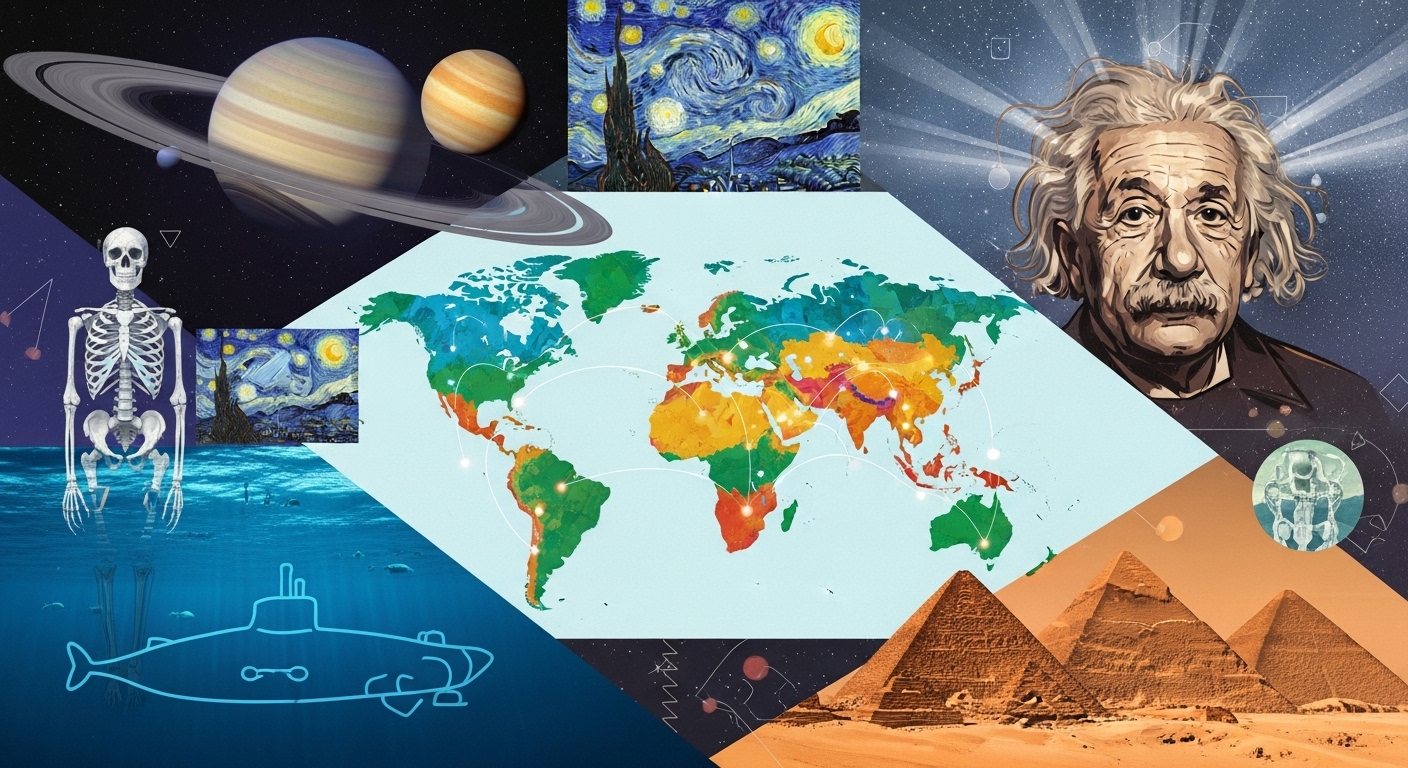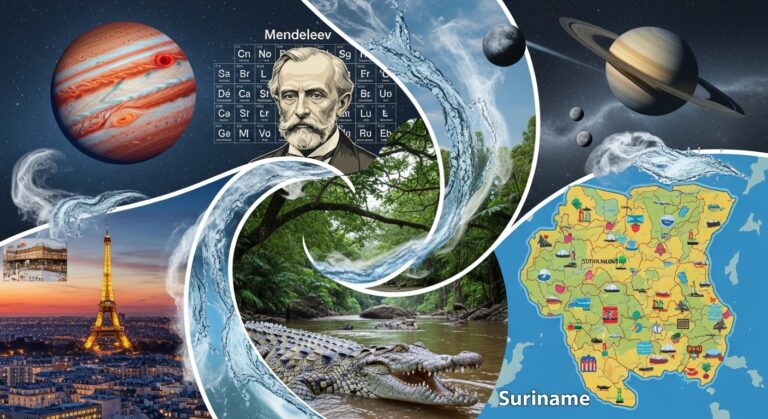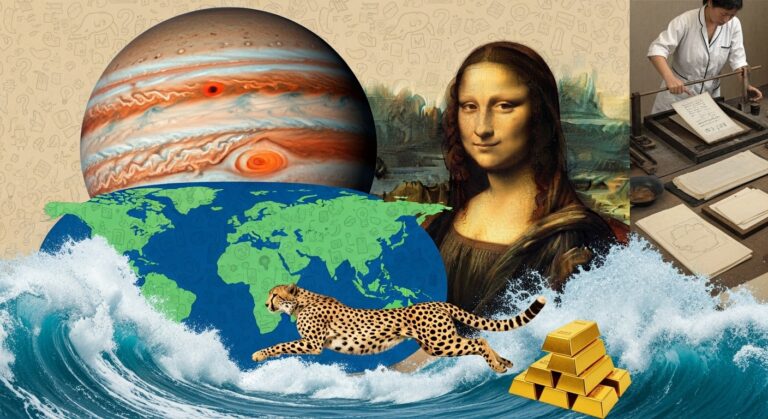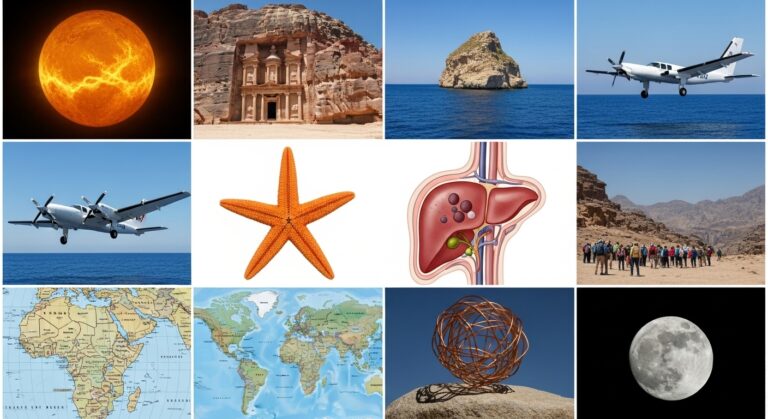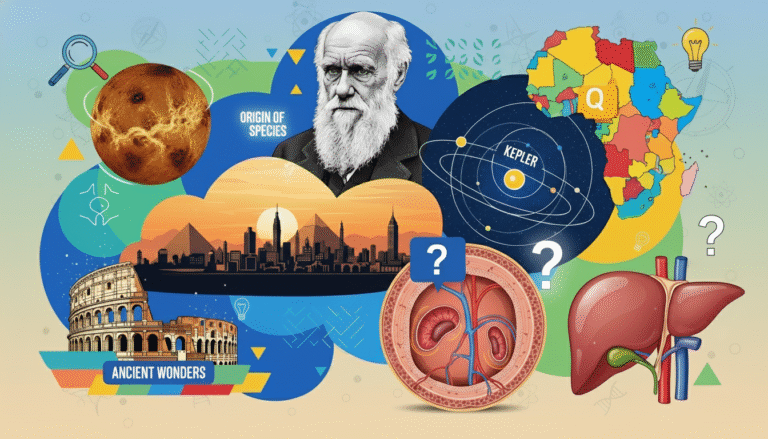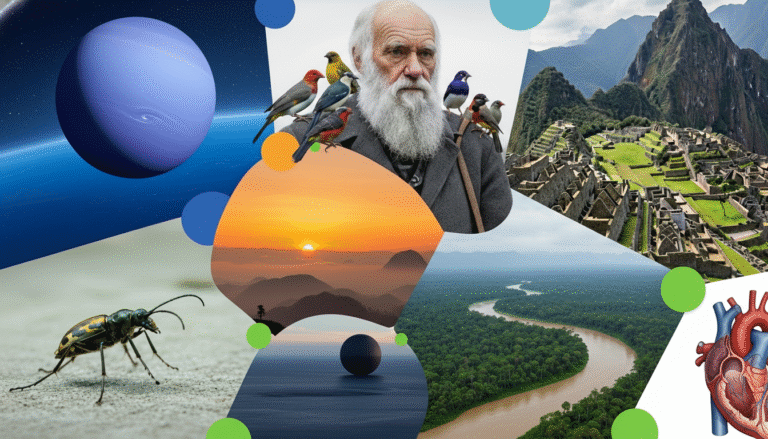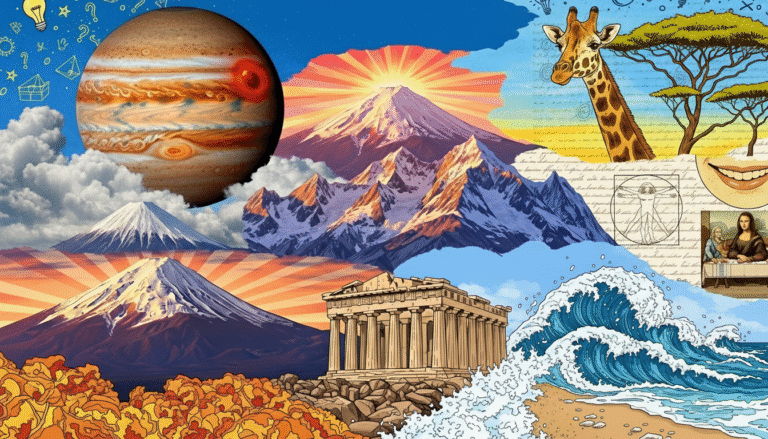How Much Do You Know? Try This General Knowledge Challenge
A general knowledge challenge is more than a casual quiz — it’s a powerful exercise that strengthens memory, expands awareness of the world, and keeps the mind active. Whether you’re exploring science, geography, ancient history, or cultural achievements, every fact adds a new layer to how you understand the world.
General knowledge is not random trivia; it is a collection of interconnected facts. Knowing why the Pacific Ocean is the deepest, or how Albert Einstein changed modern science, broadens your comprehension of daily life. This article digs into the fascinating stories behind each quiz question, turning quick answers into meaningful knowledge you can use in conversations, studies, or personal growth.
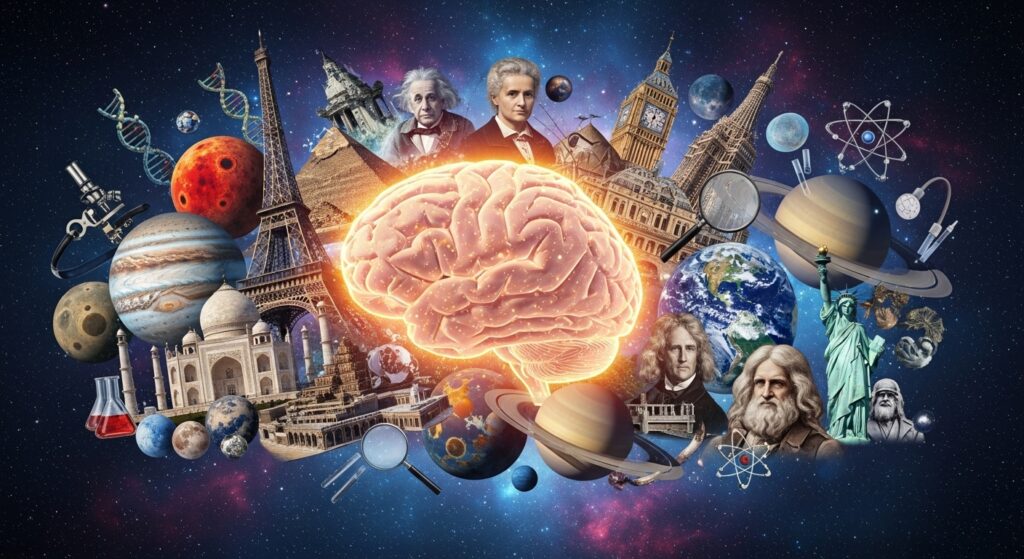
The Wonders of Outer Space
Space remains one of the most captivating topics in any general knowledge challenge. The question about Saturn reminds us of how extraordinary our solar system truly is.
Saturn and Its Spectacular Rings
Saturn’s rings are the most iconic in our solar system. They are made of billions of ice particles, dust, and rocky fragments that range from microscopic sizes to enormous chunks several meters wide. These rings likely formed from shattered moons or leftover material from the early solar system.
Why Saturn’s Rings Look So Bright
The icy particles reflect sunlight exceptionally well, giving Saturn a glowing halo visible even through small telescopes. The planet’s gravitational pull keeps the rings in place, sculpting them into multiple bands.
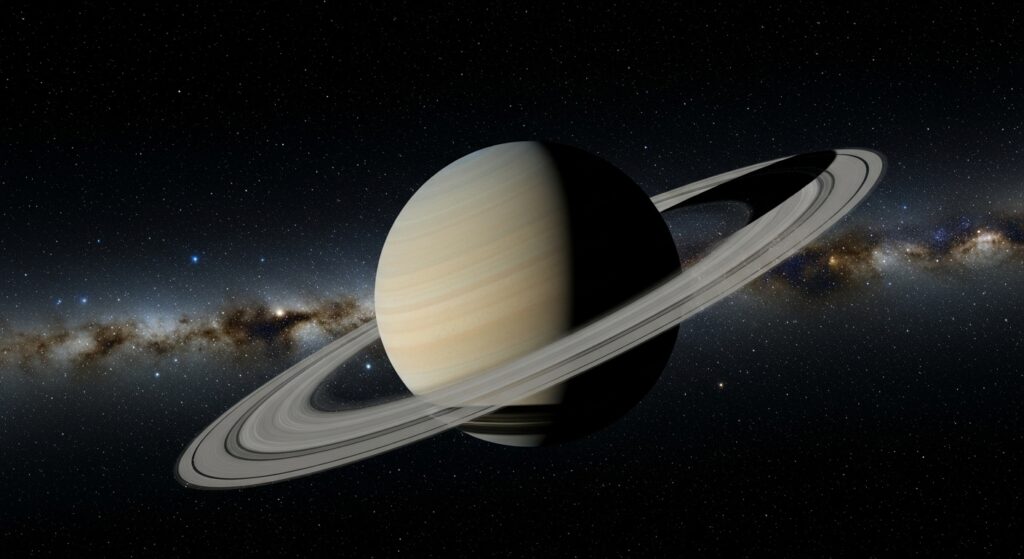
Scientific Minds Who Changed the World
Several questions in this general knowledge challenge focus on groundbreaking scientific discoveries.
Albert Einstein and the Theory of Relativity
Einstein revolutionized physics with his equation E=mc², which shows that energy and mass are interchangeable. His theories redefined gravity, time, and space itself, forming the foundation of modern astrophysics and technologies like GPS.
The Story Behind Penicillin
Alexander Fleming discovered penicillin in 1928 when he noticed mold killing bacteria on a petri dish. What started as an accident became one of the most important medical breakthroughs in history, saving millions of lives during wars and beyond.
[image prompt: vintage research lab with glowing petri dishes and microscope, cinematic lighting]
Ancient Civilizations and the Birth of Culture
History plays a crucial role in this general knowledge challenge, offering insights into humanity’s earliest achievements.
The Egyptian Pyramids of Giza
The pyramids of Giza are over 4,500 years old and remain one of the most mysterious architectural feats in human history. Built with precise alignment to the stars, these structures continue to fascinate archaeologists and travelers alike.
Why Egypt Became a Global Symbol
From hieroglyphics to mummification, Egypt’s innovations influenced early writing systems, medicine, mathematics, and architecture.
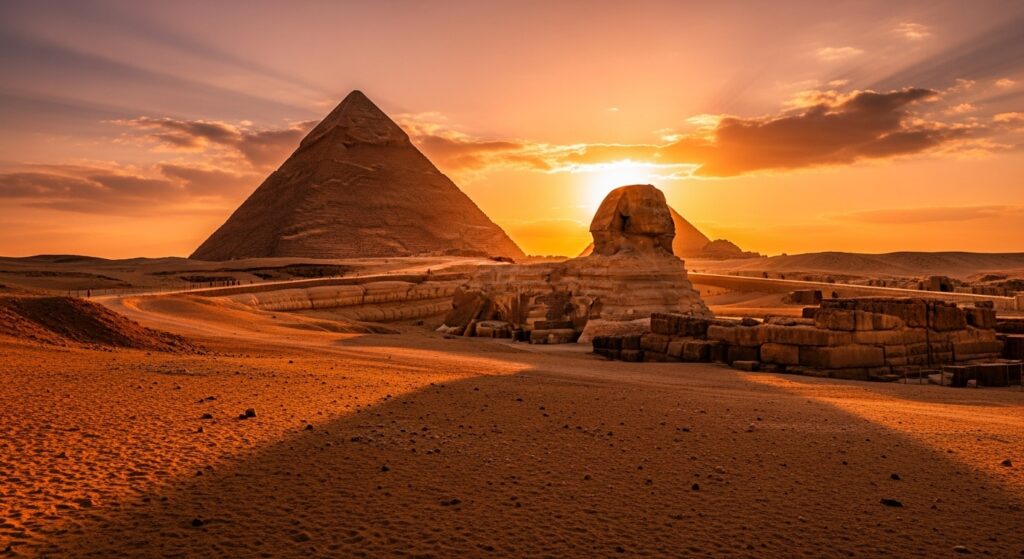
Exploring Earth’s Geography
Geography is one of the most important parts of any general knowledge challenge because it teaches us about the physical structure of the planet.
The Largest Desert Isn’t What Most People Think
Most people guess “Sahara,” but the world’s largest desert is actually the Antarctic Desert. Because it receives almost no rainfall, Antarctica qualifies as a cold desert — and it is larger than the Sahara by several million square kilometers.
The Deepest Ocean on Earth
The deepest point on the planet lies in the Pacific Ocean at the Mariana Trench. At nearly 11,000 meters deep, it can swallow Mount Everest and still have room to spare.
The Human Body and Biological Marvels
This general knowledge challenge also includes biology, reinforcing essential facts about our own bodies.
How Many Bones We Have
Adults have 206 bones, but babies are born with nearly 300. Many of these fuse together as the body grows, forming stronger skeletal structures.
Why This Matters
Bones protect vital organs, produce blood cells, store minerals, and allow movement. Understanding your skeleton is part of basic human biology.
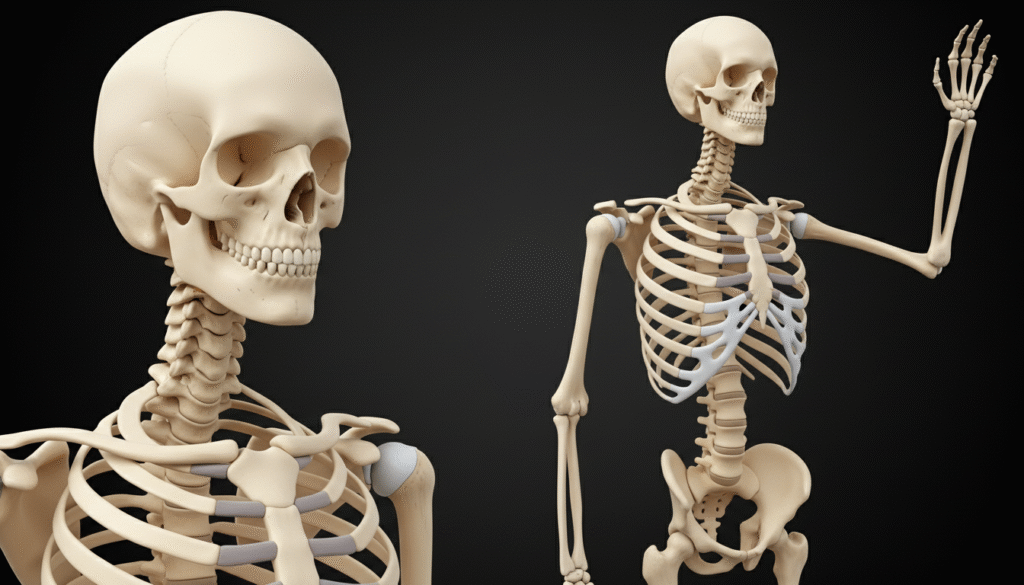
Art That Changed the World
Not all knowledge comes from science. Some of it comes from the beauty and creativity of humankind.
Van Gogh and the Starry Night
“The Starry Night” was painted in 1889 while Vincent van Gogh was living in a mental hospital. The swirling sky, luminous moon, and calm village became one of the most recognizable paintings in the world.
Why Van Gogh Influences Art Today
Even though he sold few paintings during his life, his bold brushstrokes and emotional style shaped modern art movements.
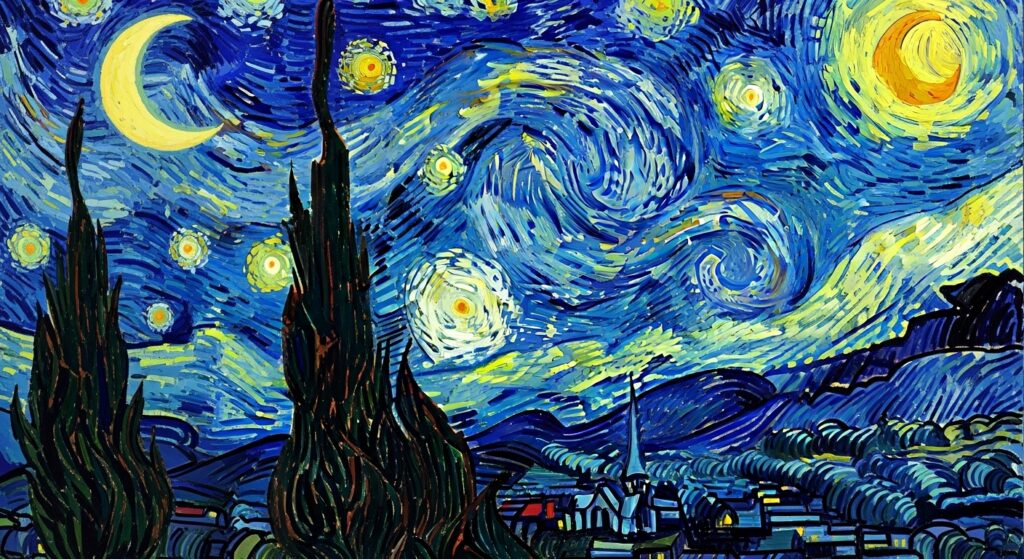
Humanity’s Origins
One question asks which continent is considered the birthplace of humans — the answer is Africa.
Why Africa Is Known as the Cradle of Humanity
The oldest fossils of early humans (hominins) have been discovered in East Africa. Scientists believe that the earliest ancestors of modern humans evolved here before migrating to the rest of the world.
Key Discoveries
- “Lucy,” a famous hominin fossil, was found in Ethiopia.
- Genetic research shows African populations have the greatest genetic diversity.
Keep Challenging Your Mind
This general knowledge challenge is more than a quiz — it is a gateway into learning about civilization, science, geography, art, and the universe. Every question opens the door to new ideas and deeper understanding. The more you challenge your mind, the more it grows.

